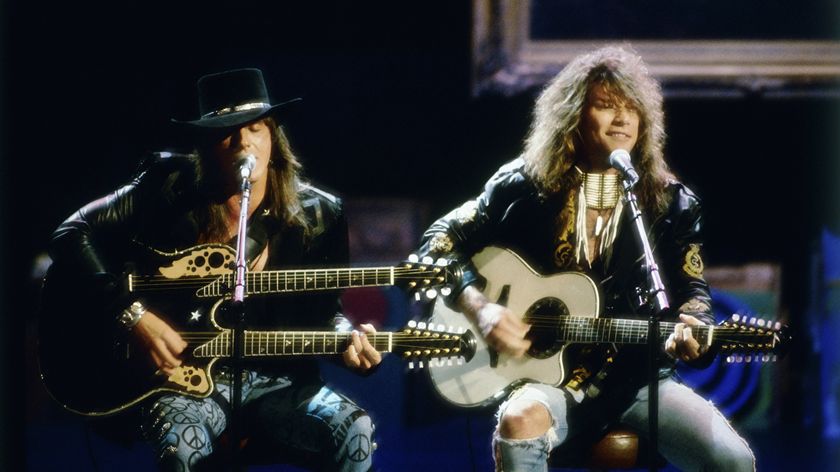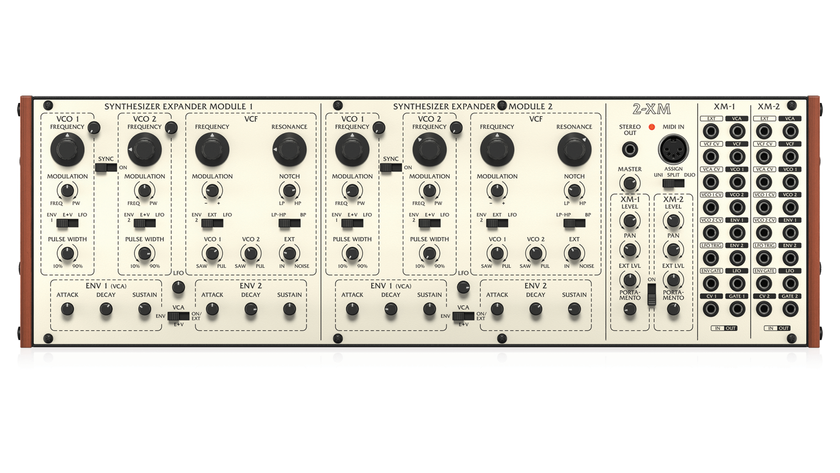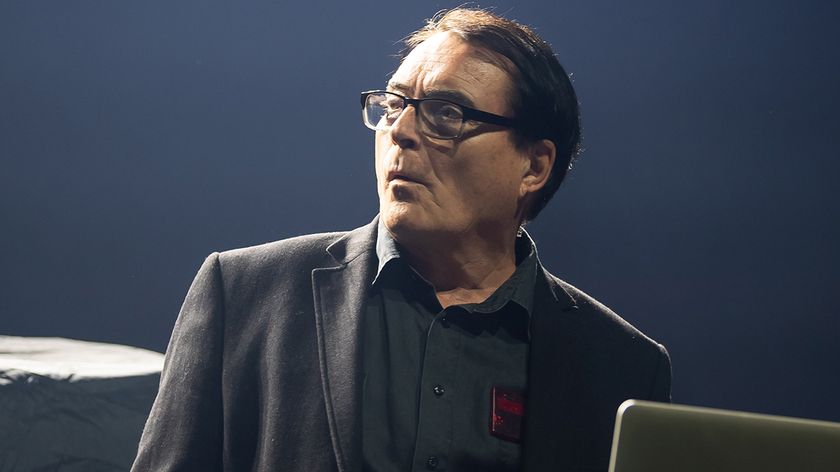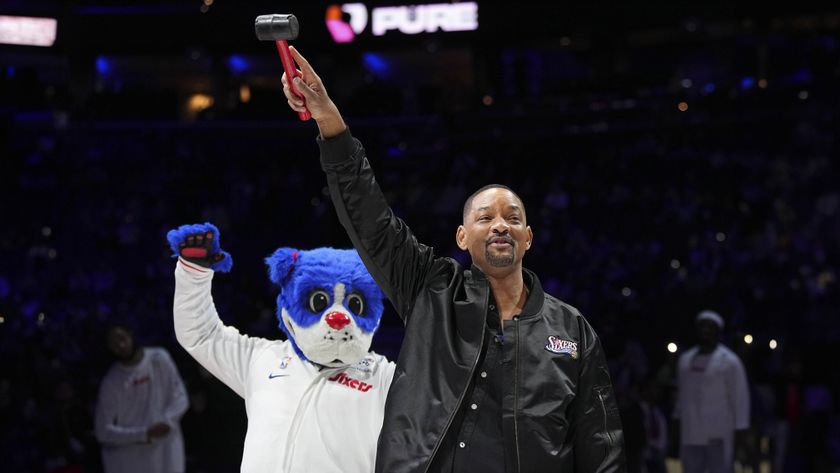
Steve Morse
When Steve Morse became the guitarist for Deep Purple in 1994, he had big shoes to fill - the band’s previous axemen were Joe Satriani, Tommy Bolin and, of course, Ritchie Blackmore.
But Morse’s reputation for six-string excellence preceded him. As a founding member of the revered fusion ensemble Dixie Dregs (later The Dregs), he bewitched fans of instrumental virtuosity across the globe - and racked up boatloads of Best Guitarist awards along the way.
Here, Morse picks the seven records which have most defined his career - from chicken-pickin’ hoedowns to heavy metal thunder - and tells MusicRadar why they make the cut.
Next page: The little college band that could
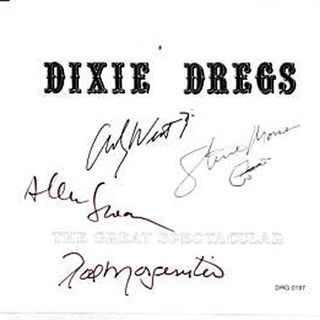
The Great Spectacular (1975)
Morse and a group of University of Miami classmates were tired of studying theory, so they got together and jammed on rock, playing parties and keggers. Then they got the bright idea: “Hey, let’s make a record!”
Steve Morse says:
"Within the school, the group was officially called The University Of Miami Rock Ensemble #2, but we were already referring to ourselves as Dixie Dregs.
"Our first album was actually done at the music school using equipment that was set up to do live stage recordings. We worked all night and part of the next evening, but we wound up with an actual piece of piece of vinyl we could call our own.
"We sold some copies of The Great Spectacular, but most of them melted when the exhaust pipe heated up the back of the station wagon where we put them while driving North. We used them as placemats after that, but we managed to save a few to send out to record companies - and one of them, Capricorn, signed us."
Next page: What if...? No really, What If!
Buy Dixie Dregs here: Amazon
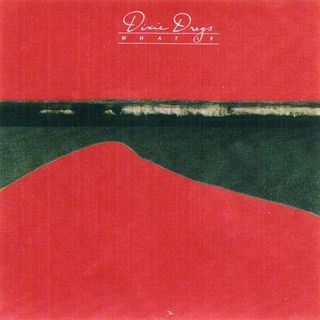
What If (1978)
The 1977 album Free Fall established Dixie Dregs as an instrumental force to be recokoned with, capable of mixing genres with seamless grace. Now they were ready to get serious about recording, with one-time Beatles engineer Ken Scott at the helm.
Steve Morse says:
"Ken Scott, our producer for this and the next album [Night Of The Living Dregs], had a similar vision sound-wise to what we imagined, and his immaculate style and perfection suited me just fine.
"Scott taught me the basics of making a studio album. The song Take It Off The Top was used as the theme for [Tommy Vance's] Friday Rock Show for 15 years on the BBC in England.
"One UK magazine hated the album when it came out, but years later, the same publication reviewed it as a beloved old gem and wondered why we never made it big in Britain. Go figure."
Next page: Morse takes control
Buy Dixie Dregs here: Amazon
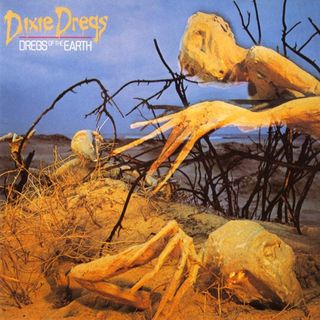
Dregs Of The Earth (1980)
Having received a Grammy nomination for Best Instrumental Rock Performance for their previous effort, Night Of The Living Dregs, Dixie Dregs were on a roll. This time out, Morse assumed the producer's chair.
Steve Morse says:
"This was my first time as producer. I had been there for every note of the three previous Dregs albums, but now there was a great engineer [George Pappas] and myself.
"I knew exactly what I wanted, and it became a vision from thought of a song idea to a complete album that I was proud of. A pure experience, free of any outside influence, such as record company 'thoughts,' managerial 'suggestions’ or any delusions of ever being on the radio.
"We were playing and recording what we, and our audience, enjoyed. This was one of a group of our albums that got nominated for a Grammy over a six-year period. Rod Morgenstein, our drummer, played the recording of Hereafter at the funeral for his wife, Michele. We still play that tune live when we get together for some reunion gigs."
Next page: Steve goes solo
Buy Dixie Dregs here: Amazon
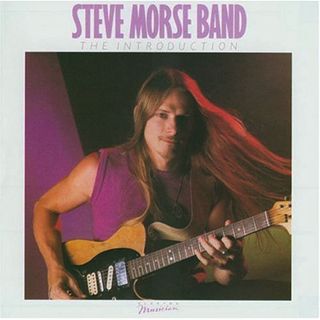
The Introduction (1984)
Dixie Dregs became simply The Dregs in 1981, but by 1983 they parted amicably (and would reunite by the decade's end). Now viewed as one of the greatest guitarists around, Morse signed with Elektra and formed the stripped-down Steve Morse Band.
Steve Morse Says:
"The Dregs had broken up, and it was time to jump in again with some music. My friends, the Morris brothers in Tampa, offered their studio to me to record the Steve Morse Band trio.
"I was producing, but was able to work with great engineers, once again, to make it easy. There was nobody involved with trying to change the music, it was simply, ‘Let's record what we like to do.’
"From that album, the songs Cruise Missile, The Introduction and On the Pipe were part of our live shows from then on."
Next page: Going to Kansas City
Buy Steve Morse here: Amazon
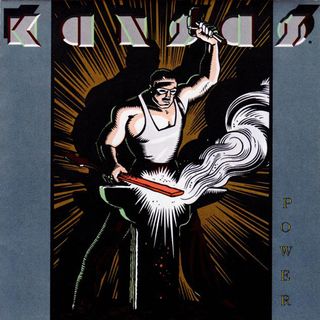
Power (1986)
To the surprise of many, Morse dismantled his trio and joined the prog-rock group Kansas, who were hoping to inject new life into their sound, following the departure of guitarist Kerry Livgren. For Morse, the adjustment to team player wasn't an easy one.
Steve Morse says:
"It was the first time of writing with the thought that what I was doing would be supportive, as opposed to the melodic focus. In other words, I had to make room for vocals, sometimes without knowing what the melody would be, and that was an adjustment.
"I felt strongly that I knew what kind of music Kansas wanted, having always been a fan, but it was a little more difficult than I thought - Kerry Livgren really knew how to write for this group. I also had to confront writing with someone who also had very strong, and different, ideas about what we would be writing.
"We finally found common ground, and everyone was smiling and enjoying the tunes as we played them. In the end, the experience helped me become a better writer and team player, and prepared me for similar situation later in Deep Purple."
Next page: High tension...
Buy Kansas here: Amazon
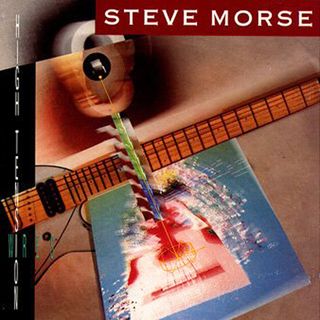
High Tension Wires (1989)
By now, Morse had quit Kansas and, temporarily disillusioned by the music business, cut his long blond locks short. He also indulged his passion for flying by becoming a commercial airline pilot. But the call of the six string soon beckoned...
Steve Morse says:
"The music business had changed dramatically with MTV and the almighty importance of a 'hit' video or radio song.
"I had decided to keep making music, but make my living as an airline pilot, since my chances of appealing to MTV seemed to be at odds with my natural musical direction. So after training or flying at work, I would come back to my studio and work on this record. Since I figured there was nothing to lose, I tried some different approaches.
"The end result was a very melodic album, with the opening track, Ghostwind, being the most laid-back tune of the whole album. One of the most challenging songs I've ever written, Tumeni Notes, became a staple of my live shows for many years."
Next page: In Rock
Buy Steve Morse here: Amazon
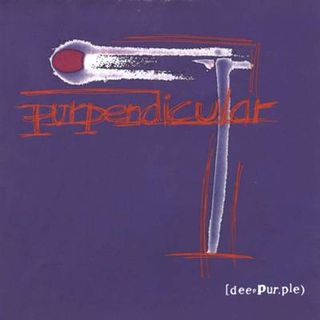
Perpendicular (1996)
Mercurial guitarist Ritchie Blackmore finally decided he was over Deep Purple. The band toured with Joe Satriani for a time, but when they offered Satch a permanent job, he begged off and recommended his old friend Steve. As it turned out, it was a match made In Rock.
Steve Morse says:
"Deep Purple was a lot like the Kansas experience in that I already knew what it was like to be outside the circle coming in, having some fans dislike a personnel change, not knowing the inside jokes among the band members, and so on.
"This turned out to be a great experience, though, because everyone was so open to try anything, leading to some very inventive ideas, and no strategically engineered tunes aimed at a certain target audience.
"The song Sometimes I Feel Like Screaming was an instrumental bit that I was practicing on a break. Roger Glover and Jon Lord suggested working more on that, and by the end of the day, that whole tune, which is on our live set list still, was recorded."
Buy Deep Purple here: Amazon

Joe is a freelance journalist who has, over the past few decades, interviewed hundreds of guitarists for Guitar World, Guitar Player, MusicRadar and Classic Rock. He is also a former editor of Guitar World, contributing writer for Guitar Aficionado and VP of A&R for Island Records. He’s an enthusiastic guitarist, but he’s nowhere near the likes of the people he interviews. Surprisingly, his skills are more suited to the drums. If you need a drummer for your Beatles tribute band, look him up.
![Chris Hayes [left] wears a purple checked shirt and plays his 1957 Stratocaster in the studio; Michael J. Fox tears it up onstage as Marty McFly in the 1985 blockbuster Back To The Future.](https://cdn.mos.cms.futurecdn.net/nWZUSbFAwA6EqQdruLmXXh-840-80.jpg)
“We’re looking at the movie going, ‘Urgh! It’s kinda cheesy. I don’t know if this is going to work”: How Chris Hayes wrote Huey Lewis and the News’ Back To The Future hit Power Of Love in his pyjamas
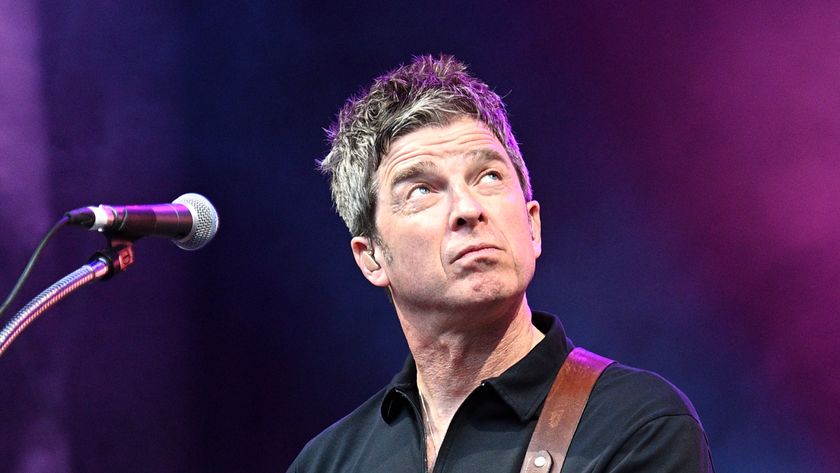
“I thought it’d be a big deal, but I was a bit taken aback by just how much of a big deal it was”: Noel Gallagher finally speaks about Oasis ticket chaos
![Chris Hayes [left] wears a purple checked shirt and plays his 1957 Stratocaster in the studio; Michael J. Fox tears it up onstage as Marty McFly in the 1985 blockbuster Back To The Future.](https://cdn.mos.cms.futurecdn.net/nWZUSbFAwA6EqQdruLmXXh-840-80.jpg)
“We’re looking at the movie going, ‘Urgh! It’s kinda cheesy. I don’t know if this is going to work”: How Chris Hayes wrote Huey Lewis and the News’ Back To The Future hit Power Of Love in his pyjamas

“I thought it’d be a big deal, but I was a bit taken aback by just how much of a big deal it was”: Noel Gallagher finally speaks about Oasis ticket chaos
